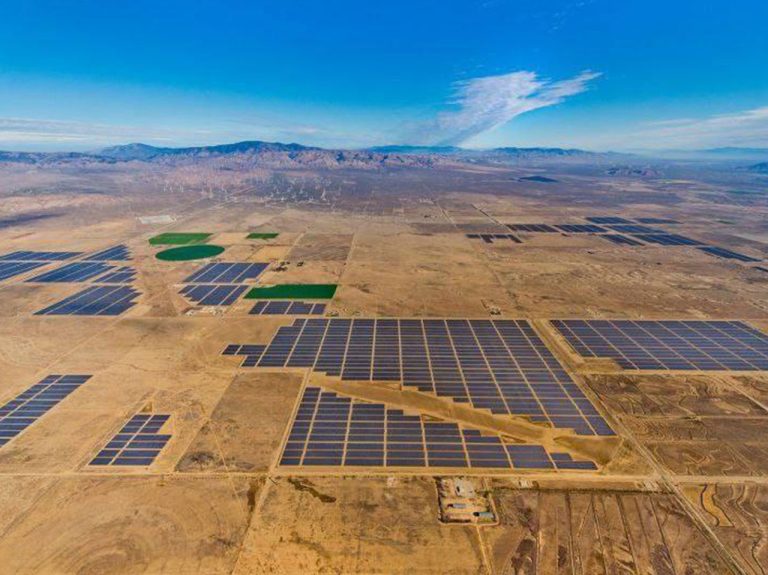According to the public relations and international affairs report of Sarkhes Special Economic Zone, Sarkhes Special Economic Zone has allocated 200 hectares of the total 5290 hectares of land at its disposal to Logistics Zone in the first phase in order to take the first step to increase the transit capacity of the border of Sarkhes. to more than 20 million tons per year. In a conversation with Mohammad Reza Kalai, CEO of Sarkhes Special Economic Zone, we have discussed more details about the logistics site and its advantages.
Currently, how many sites have been created in the special economic zone of Sarkhes?
Seven industrial and service zones have been created in this area, including logistics and warehousing sites, petrochemical and chemical industries, food and pharmaceutical industries, textile, metal industries, automobile manufacturing, as well as heavy and semi-heavy industries. With regard to the approval of the Parliament’s resolution in the Guardian Council to transform the Ferkhes Special Economic Zone into an Industrial Free Trade Zone and the needs that will be created in the future, in addition to the above, the construction of two new residential and commercial sites is on the agenda. In this way, based on the needs of the complex to increase the transit capacity of Sarkhes border to more than 20 million tons per year, 50 hectares will be added to the logistics zone in the second phase.
Please explain more about the logistics zone.
In the stA logistics zone, all unloading and loading operations of wagons that enter from the wide line and their load is supplied from/to the truck take place. In addition, all shipments of petroleum products, including gasoline, diesel and liquid gas, are transshipped on this site. At the stB site, all the wagons that need to be unloaded or loaded from wagon to wagon (wide wagon to normal wagon) are handled.
Considering the width of the railways of the Central Asian countries, how many kilometers of wide railways has the Ferns special economic zone done inside the site?
Out of a total of 50 kilometers of rail laying in the region, 30 kilometers of it have been designed and operated as the Central Asian Broad Rail.
Since the wide rail of Central Asia is wider than the rail of the Islamic Republic of Iran, all the wagons entering the Sarkhes railway station must change the bogie in order to continue the journey, so that the wagon in question is lifted by special jacks, the axle under the wagon or The same bogie is separated and the normal axle is installed under the wagon so that it can continue on the tracks of the Islamic Republic of Iran. This requires a cost of 180 Swiss francs per wagon, which has been practically eliminated by the creation of the wide rail line created in the special economic zone of Sarkhs, and the said cost is removed from the shoulders of merchants and traders.
What are the other advantages of entering the wide rail in the region?
In addition to the fact that the operation of changing the bogie is completely eliminated and the investor no longer has to pay the aforementioned 180 francs, we see a shorter time and less bureaucracy in the processes of delivery, unloading, transshipment and departure of the wagon, which minimizes the sleep of the capital.
With the construction of wide rail inside Sarkhs special economic zone, wagons enter the site through wide and normal rail and are placed on both sides of the platform, and in the shortest possible time, goods are transferred from wagon to wagon and from wagon to truck and vice versa. In addition, due to the proximity of the logistics site of the special zone to the railway station, upon the request of investors, it is possible to hand over wagons to them in the shortest possible time, and they no longer have to travel the 180 km route from Sarkhes to Mashhad to transfer their goods from wagon to wagon. go through
What facilities have been created for investors and goods owners in the logistics site of the region?
In this site, in addition to creating infrastructure such as wide and normal rail 50 km long, forklift loading and unloading platforms from wagon to wagon and from wagon to truck and vice versa have been built for 250 meters. The construction of a pit for unloading bulk loads on a wide rail is another one of these facilities that is provided in the country only in the special economic zone. By using this advantage, the operation of unloading a wagon with 60 tons of load is done in just 10 minutes.
The establishment of fuel tanks with a capacity of 12,000 cubic meters, the placement of a specialized LPG gas storage unit in the vicinity of the wide rail, as well as the establishment of a transshipment site and the unloading and loading of fuel materials with a daily capacity of 5,000 tons are another part of the facilities that are included in the logistics site of the special economic zone. The fern has been created.
How many companies are located in the logistics site of Sarkhes Special Economic Zone?
In this site, a total of 17 companies operate in the field of unloading and loading, warehousing and transshipment, which covers various cargo areas, including fuel products, bulk cargo, and outgoing and incoming cargo to Central Asian countries.
Is it still possible to increase this capacity?
Yes, it is expected that the largest logistics unit will be established on this site by a Chinese company with the operation of the China to Fern rail line. The launch of this site, in addition to reducing the time it takes to transport cargo from China to Iran, which used to be done by sea, will play a significant role in cargo transit from/to Sarkhes Special Economic Zone. Needless to say, currently the time it takes for goods to arrive in our country from China is 70 days, which will be reduced to 15 days with the launch of the mentioned site.





